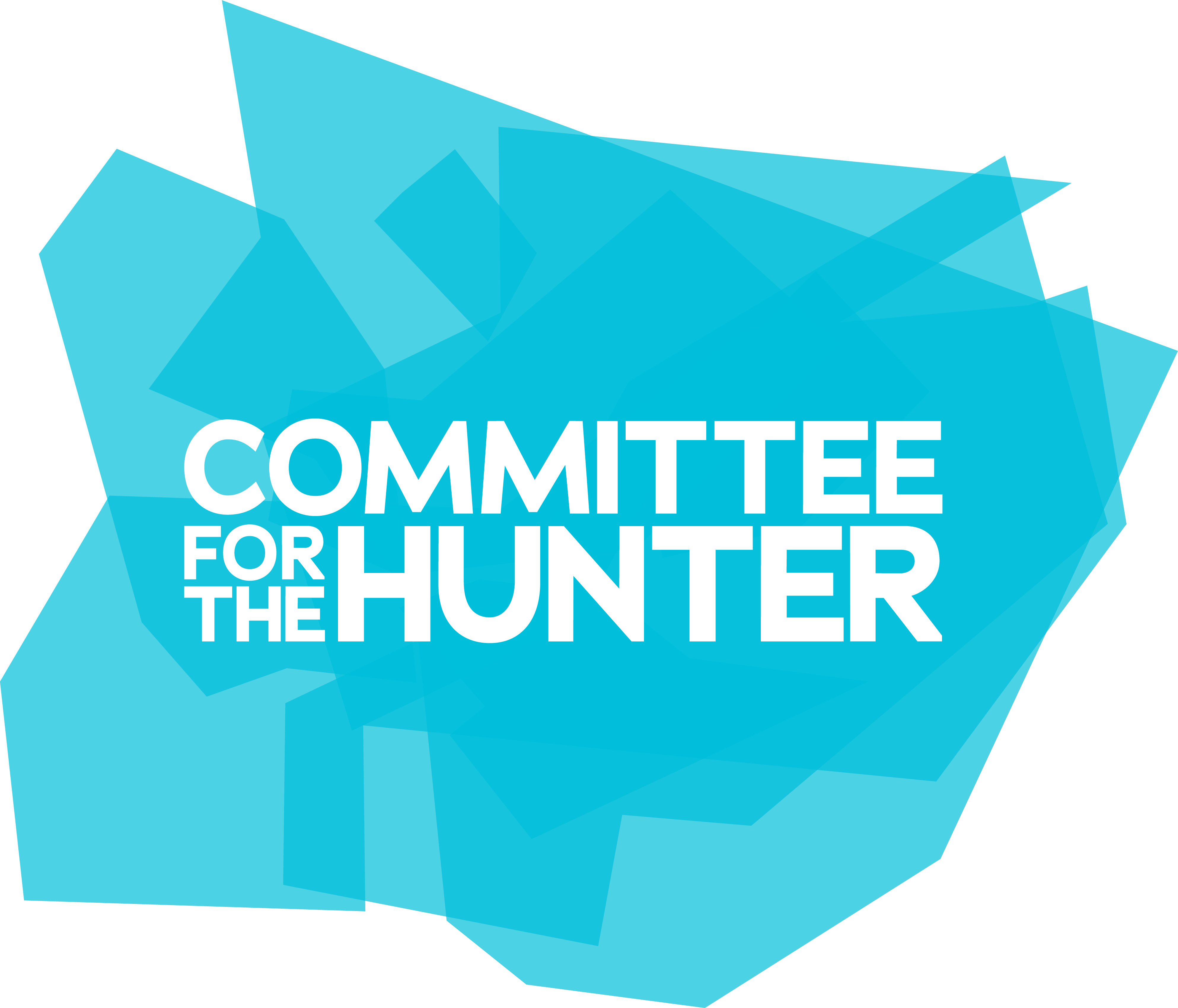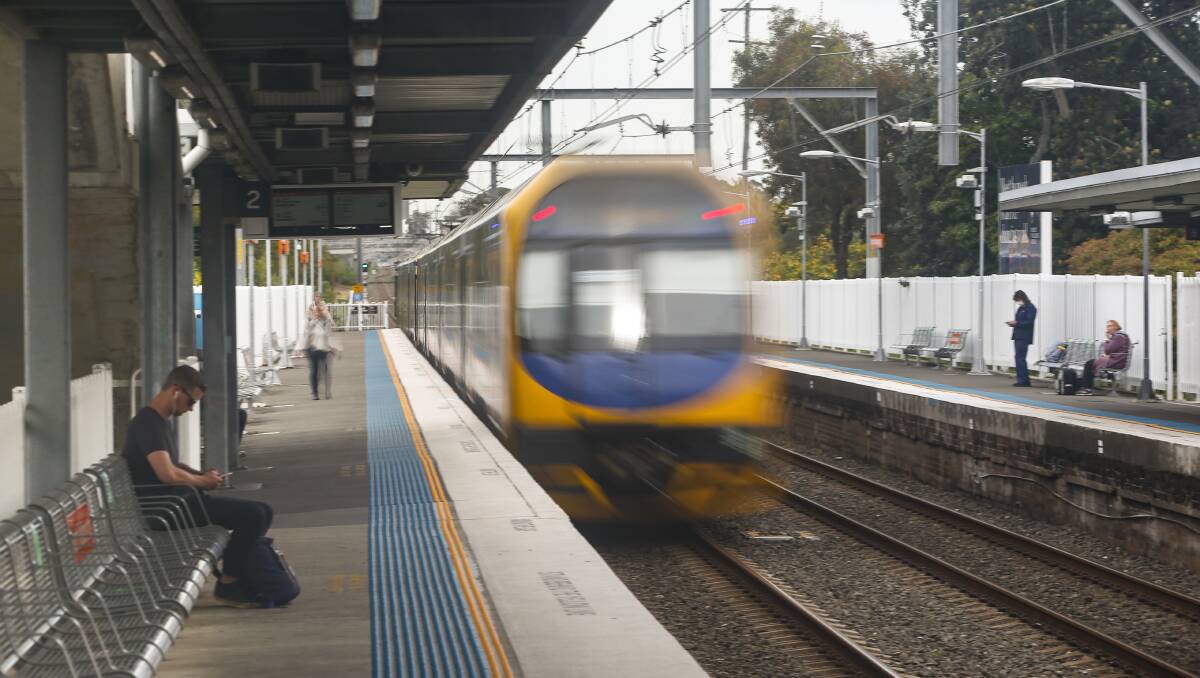Newcastle Herald, by Alice Thompson
When the orbits of Jupiter and Saturn line up in the night sky, astronomers called this rare event the ‘Great Conjunction’. The stars are in conjunction in the Hunter, where the policy, economics and political interests of the federal government are neatly aligned.
This is a rare opportunity to direct this momentary focus and funding to the things that benefit the Hunter in the long term.
The Committee for the Hunter works across stakeholders to provide a unified voice on our region’s priorities in the federal budget. We have seen the benefits of combining forces with the $66 million commitment to the Newcastle Airport Runway upgrade last year. And we are getting better at it.
These efforts were evident in Tuesday night’s budget, where the Hunter was singled out as a priority with less than a handful of places around Australia. The committee’s 2022 budget submission recommended a policies, projects and programs covering social, economic and environmental priorities. We suggested that there will be better outcomes if initiatives were coordinated in a plan for growth with all levels of government working in partnership with the region.
While immediate cost of living pressures were central to this budget, the committee’s submission focused on the investments and reforms in the Hunter that deliver on Australia’s long-term interest. This includes investments in infrastructure that connect the Hunter to global markets and strengthen our role in the national economy.
The centrepiece in the budget was $1 billion for faster rail between Newcastle and Sydney. This responds to our call for high-speed rail while getting on with upgrades to improve services in the short term. The announcement joins Labor’s $500 million promise to progress high speed rail along the corridor. These policies combined represent the right thing to do.
Another $100 million will be provided to the Port of Newcastle to become ‘hydrogen ready’. The Hunter Hydrogen Roadmap sets a vision for the region to be a global hydrogen export hub. This investment will accelerate the development of a hydrogen export industry along with the confidence that comes through a partnership with government.
The Hunter will benefit from the $812 million Connecting Regional Australia initiative that will expand mobile coverage.
The Hunter’s prosperity relies on a smart and skilled workforce. A range of commitments to training, apprenticeships, tertiary education and ‘job-ready’ programs were in the budget. These will help the Hunter address current pain points in workforce access and equip us for the jobs of the future.
We were pleased to see incentives to domestic and international students to study in regions like the Hunter. The budget presented investment in regional health, including access to mental health services and incentives to build the regional medical workforce.
Closing the Gap received a funding boost. We argue that a place-based approach to improving the outcomes experienced by Indigenous communities in the Hunter will complement national policies and programs.
We welcome support for the creative industries and regional events.
There was investment in the Hunter’s key growth industries including defence, manufacturing, agriculture and education through the $2 billion Regional Accelerator Program.
The Hunter was singled out as a ‘key regional hub’ with $750 million for transport projects to diversify the economy and strengthen exports. The ‘hydrogen ready’ project and Muswellbrook bypass funding come from this allocation.
There were Hunter priorities that were not addressed. With $382 million of the regional hub funding unspecified, there is room in the election campaign to advocate for commitments. With the region in housing crisis, we want to see more public investment in social and crisis housing. Regional stakeholders continue to request funding for enabling infrastructure that will unlock homes and jobs currently stuck in the planning pipeline.
The initiatives in the budget covered much of the ground the Hunter asked for. We are yet to fully understand where these investments were offset through budget cuts. While investment is welcome, the carpet bomb of programs also presents a coordination challenge that will fall on the region.
As details emerge on implementation and we wait the Opposition’s budget reply, success will be measured by the extent budget commitments deliver our vision for the Hunter. A vision to create 45,000 new jobs over the next decade, to bring standards of living in the Hunter on parity with Sydney, and position our region as a global centre for clean energy and Net Zero.

